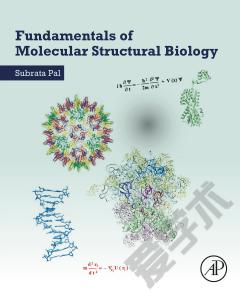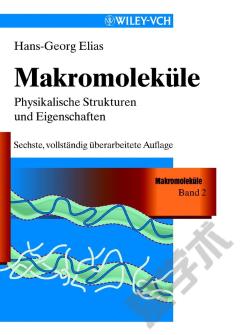Microcalorimetry of Macromolecules —— The Physical Basis of Biological Structures
----- 大分子微量热法:生物结构物理基础
This manuscript focuses on a specialized field within solution thermodynamics that encompasses some of the major macromolecular components comprising all biological systems. Nucleic acids and proteins are large biomolecules that represent quazi-macroscopic systems with highly ordered structures in which each atom occupies a defined space. In view of their unique quaternary structures that resemble aperiodic crystals, one might reasonably surmise that the resultant solution thermodynamics are highly specific. Systematic investigations of these biological macromolecules have necessitated the development of ultrasensitive measurement techniques including differential scanning and isothermal titration calorimetry. These experimental approaches represent the gold standard in terms of microcalorimetric instrumentation designed to characterize complex macromolecular systems. This paper presents an overview of thermodynamic data gleaned from studies employing these calorimetric techniques as part of our comprehensive strategy to characterize the energetic basis of nucleic acid and protein stability.
{{comment.content}}








 京公网安备 11010802027623号
京公网安备 11010802027623号